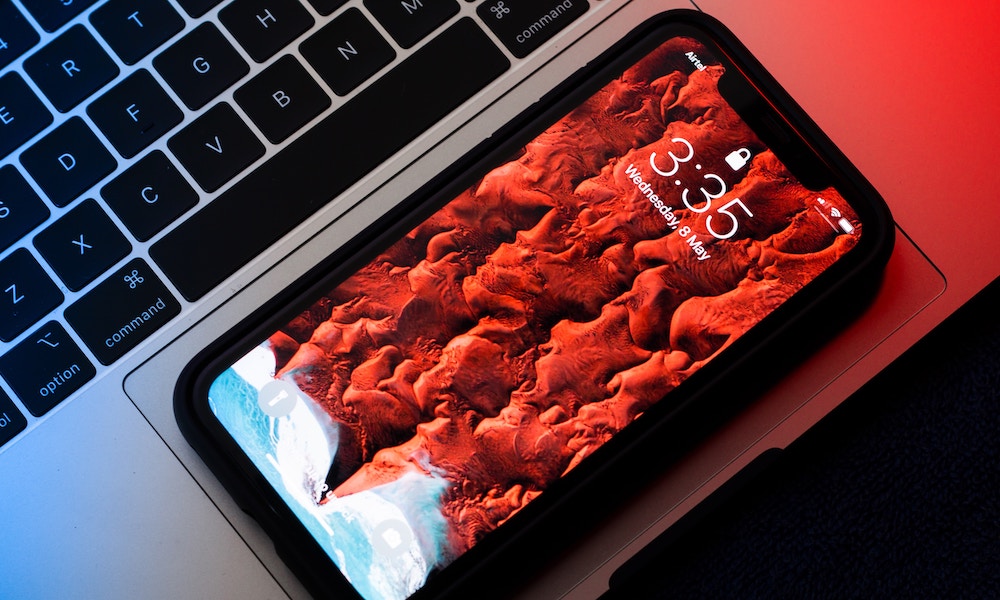Court Grants Qualcomm a Ban on iPhones (But Apple Has a Workaround)
 Credit: Raagesh C / Unsplash
Credit: Raagesh C / Unsplash
Toggle Dark Mode
A Chinese court has granted Qualcomm an import ban on a range of iPhone devices in China, according to a new report.
The Fuzhou Intermediate People’s Court ruled that Apple had been in violation of two separate Qualcomm patents, CNBC reported. The court then granted Qualcomm two injunctions against various Apple subsidiaries in China — seemingly banning the import or sale of various iPhone in the country.
Apple countered that the ban would affect iPhone availability. In a statement, the Cupertino tech giant said that “all iPhone models remain available for our customers in China.”
“Qualcomm’s effort to ban our products is another desperate move by a company whose illegal practices are under investigation by regulators around the world,” the statement read.
Axios separately reported that the ban impacts all iPhone models from the iPhone 6s to the iPhone X. The iPhone XS, XS Max and XR do not appear to be affected.
What’s Apple’s Workaround?
As far as why Apple says all of its handsets are still available, that may come down to the operating system its devices are running.
Qualcomm’s patents include two separate technologies related to touchscreen devices. The first covers a method to “adjust and reformat the size and appearance of photos,” while the second focuses on “managing applications using a touch screen when viewing and navigating apps.”
But the patents only apply to iPhones running iOS 11. Reportedly, Apple’s latest iOS 12 software does not violate Qualcomm’s patents.
Presumably, that means that the Chinese import and sale ban does not affect any iPhone running iOS 12. All new iPhones sold by Apple have the latest software installed, which is likely why iPhone availability remains unchanged — at least, according to the tech giant.
Despite the workaround, Apple has already filed to appeal the injunctions in China. Previously, it said it would use “all” of its legal options through the courts.
Qualcomm maintains that Apple is “refusing to compensate,” while allegedly benefitting from its intellectual property.
“We deeply value our relationships with customers, rarely resorting to the courts for assistance, but we also have an abiding belief in the need to protect intellectual property rights…” Qualcomm wrote. “These Court orders are further confirmation of the strength of Qualcomm’s vast patent portfolio.”
Similarly, Qualcomm’s general counsel, Don Rosenberg, stated that the court orders are not specific to a particular operating system.
It’s worth noting that this latest patent dispute is seemingly unrelated to another tortuous legal battle between Apple and Qualcomm related to wireless modem technology.
But the legal decision is only the latest escalation in an already acrimonious relationship between the Cupertino firm and the San Diego-based chipmaker. The conflict between the two firms likely led to Apple ditching Qualcomm modems in favor of chips produced by Intel in all of its latest smartphones.






